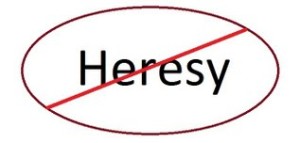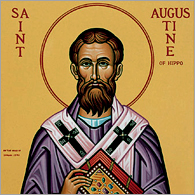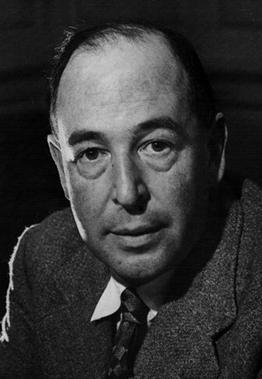 Contrary to the claims of the new geocentrists, when the 1633 decree is read strictly we find that even a strict Copernicanism is not declared to be formally heretical. This position is a common error. Dr. Maurice Finocchiaro notes, “that Copernicanism had been declared heretical . . . was to become one of the most persistent myths in the subsequent controversy” (Retrying, p. 32).
Contrary to the claims of the new geocentrists, when the 1633 decree is read strictly we find that even a strict Copernicanism is not declared to be formally heretical. This position is a common error. Dr. Maurice Finocchiaro notes, “that Copernicanism had been declared heretical . . . was to become one of the most persistent myths in the subsequent controversy” (Retrying, p. 32).
We say, pronounce, sentence, and declare that you, the said Galileo, by reason of the matters adduced in trial, and by you confessed as above, have rendered yourself in the judgment of this Holy Office vehemently suspected of heresy, namely, of having believed and held the doctrine—which is false and contrary to the sacred and divine Scriptures—that the Sun is the center of the world and does not move from east to west and that the Earth moves and is not the center of the world; and that an opinion may be held and defended as probable after it has been declared and defined to be contrary to the Holy Scripture; and that consequently you have incurred all the censures and penalties imposed and promulgated in the sacred canons and other constitutions, general and particular, against such delinquents. From which we are content that you be absolved, provided that, first, with a sincere heart and unfeigned faith, you abjure, curse, and detest before use [sic; us] the aforesaid errors and heresies and every other error and heresy contrary to the Catholic and Apostolic Roman Church in the form to be prescribed by us for you.
The censure adopted by the Sacred Congregation is merely that of “false and contrary to Sacred Scripture,” as it is clear from the decrees and from the sentence against Galileo; in it he is attributed the crime of having defended, or at least having represented as probable, an opinion “after it had been declared and defined contrary to Sacred Scripture.” All the rest is folly. (Finocchiaro, Retrying, 206).
the sentence [of 1633] states that this judgment had been made by the consultants and that the Inquisition was endorsing only the judgment that those doctrines were contrary to Scripture. (Ibid., p. 31)
The sentence against Galileo does not state explicitly that belief in the sun-centered universe is a heresy. The Holy Office judge Copernicanism to be “contrary to Scripture,” which is not ipso facto heretical in the sense of contrary to faith; to proceed from “opposed to the literal meaning of Scripture” to “heretical” required at a minimum express approbation by a pope. Francesco Beretta argues that the actions of Paul V and Urban VIII met this test and, consequently, that in 1633 belief in a heliostatic universe was, or was made, a heresy; and the view of Master Anfossi of the Settele affair shows that as late as 1820 at least one high official of the Church interpreted the condemnation of the Copernican system as a finding of heresy. Much informed opinion of the seventeenth century, however, held that the sun’s motion had not been declared Catholic dogma. On this interpretation, which eventually won out, Galileo’s offense that raised vehement suspicion was not belief in a formally declared heresy, but disobedience to an order. To muddy the water further, inquisitors sometimes applied ‘heresy’ loosely to rebellion, licentious, or impious talk or acts that, in their experience, revealed a propensity for it. In this loose and informal sense Galileo may have been a heretic to the Inquisition. (“Censorship of Astronomy in Italy after Galileo,” in The Church and Galileo, pp. 282-3.)



